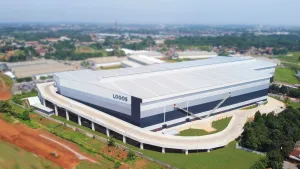
Indian retail landlords refuse to offer rental waivers amidst pandemic woes
But retailers are still negotiating revenue sharing arrangements with developers.
Delhi NCR’s retail sector experienced a strong start to the year with new store openings (including some stores with fit-outs in progress) of around 0.22 msf in the city’s malls, according to Cushman & Wakefield. Fashion & apparel emerged as a major demand driver, while accessories & lifestyle, consumer electronics, F&B were the other segments that leased space in malls.
Demand for quality mall space held up with retailer churn constituting the majority of the space take-up in malls as brands shifted to better locations in a development. Nike, Reebok, United Colors of Benetton, Lacoste, Monte Carlo, Hamleys were among the new stores that opened their new outlets during the quarter.
Here’s more from Cushman & Wakefield:
Retailers vacated spaces in select malls due to continuing business uncertainty as the ongoing pandemic has brought a major shift in the consumer purchase behavior towards online retail. Need-based shopping with specific purchase targets still dominates mall visits of the customers, even though footfalls have been improving. Lack of new content for cinemas, audience switching to OTT platforms for entertainment and rising Covid cases are the near-term challenges in attracting higher footfalls to malls.
However, certain malls are introducing innovative concepts to provide safe and superior experience to customers. For instance, Pacific Mall (Dwarka) inaugurated a drive-in cinema facility at the mall rooftop for people to watch movies safely from their cars, a concept introduced for the first time in India. With Covid accelerating digital transformation and omnichannel strategies, concepts like dedicated apps for malls with interactive features for customers to browse new collections on offer and facilitate purchases have gained momentum.
Main streets saw new store openings of close to 0.08 msf led by F&B and hypermarkets as the prominent retail categories. A leading international coffee chain opened its 50th store in Greater Kailash market during the quarter. Blue Tokai, Fat Lulu’s, D’vasa were among the new stores opened in Khan Market. High retailer churn is being recorded in Connaught Place that saw the opening of a flagship store of Adidas apart from Crocs, Levi’s, Manyavar opening their stores in the area.
New supply addition in Gurugram; marginal increase in vacancy
The quarter recorded new supply addition of 0.35 msf at Golf Course Extension Road, Gurugram taking the city’s mall inventory to 26.8 msf. The city’s overall vacancy increased by 86 basis points to 16.97% at the end of the first quarter. Reduction in store sizes by some retailers coupled with a few brands vacating spaces on the back of sluggish market conditions contributed to this rise in overall vacancy, apart from the addition of new supply in the city. North Delhi is expected to see addition of a new development, which is in advanced stages of completion, in the year ahead.
Less support with respect to further rental waivers offered to retailers
Even though the market is likely to pick up gradually with the pandemic situation still evolving, landlords are not willing to offer further rental waivers to retailers as their cash flows took a severe hit in 2020. Despite this, retailers are still negotiating to switch to revenue sharing arrangements with developers which is happening on a case-to-case basis depending on the retailer brand and their ability to attract customer traffic towards the development. The market rebound is likely to be led by expansion and new space take-up by select categories including value formats of lifestyle chains, athleisure, consumer electronics and hypermarket stores that are on the scout for opportunities to expand in the market.




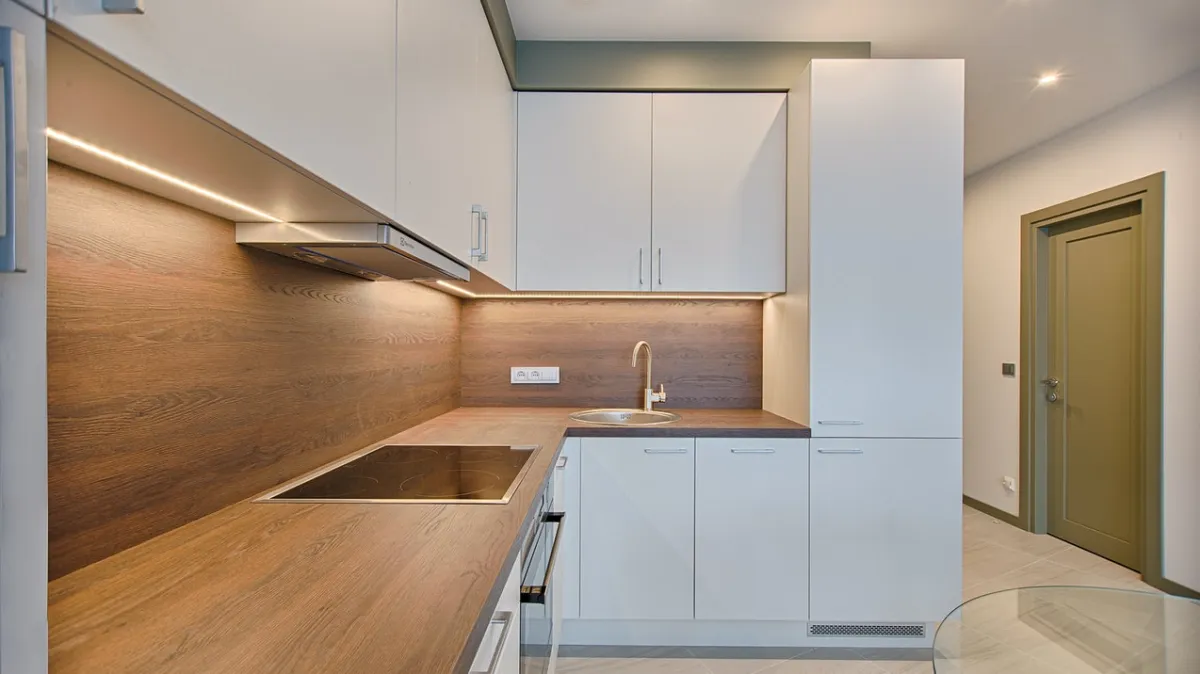

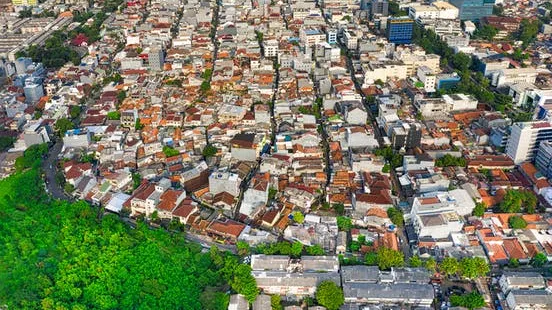
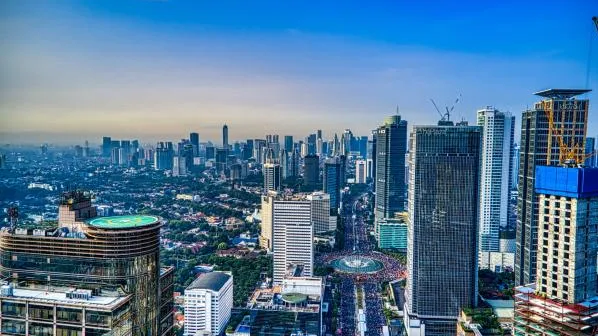
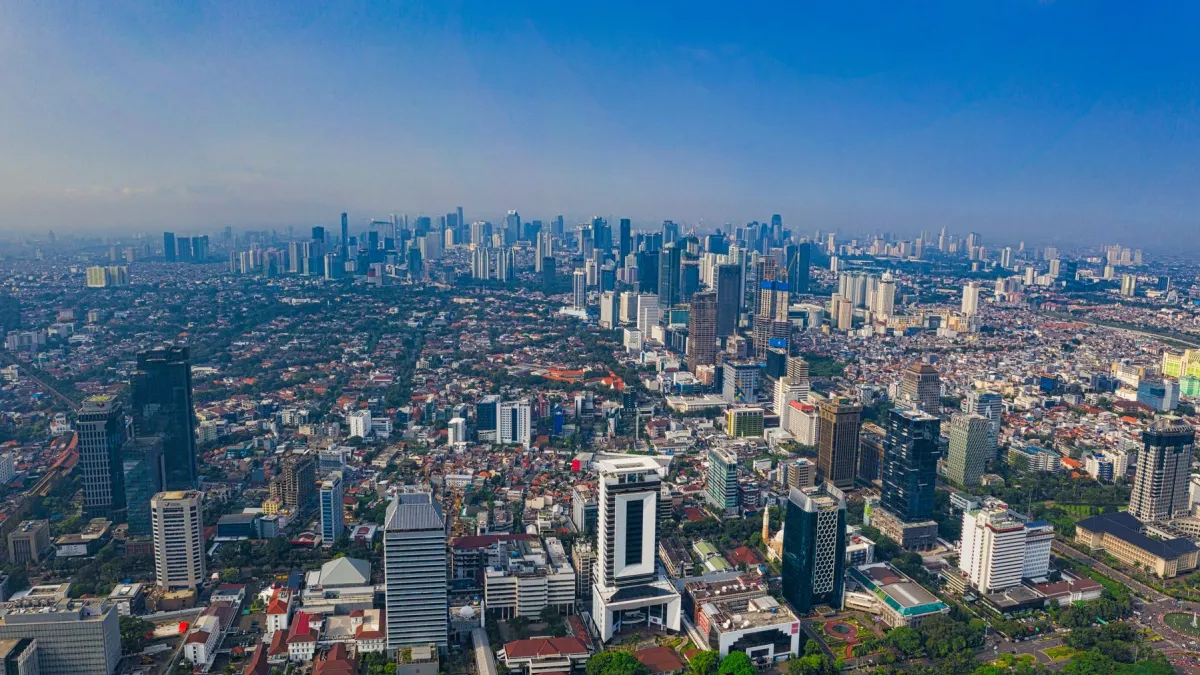
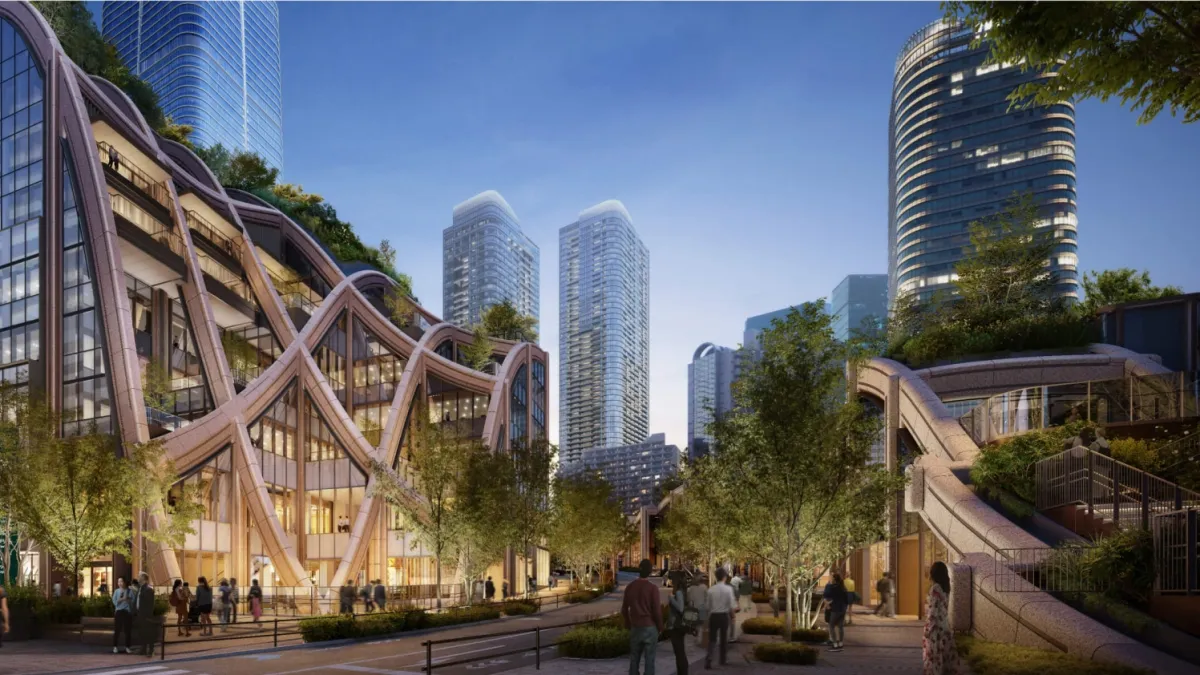
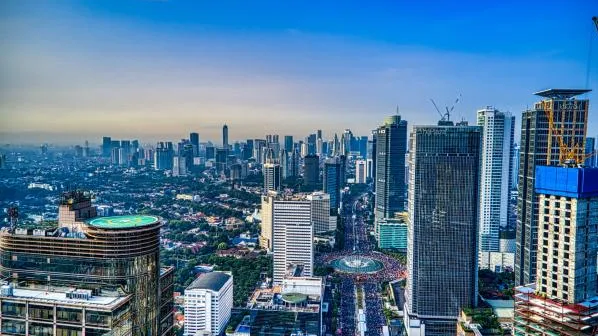
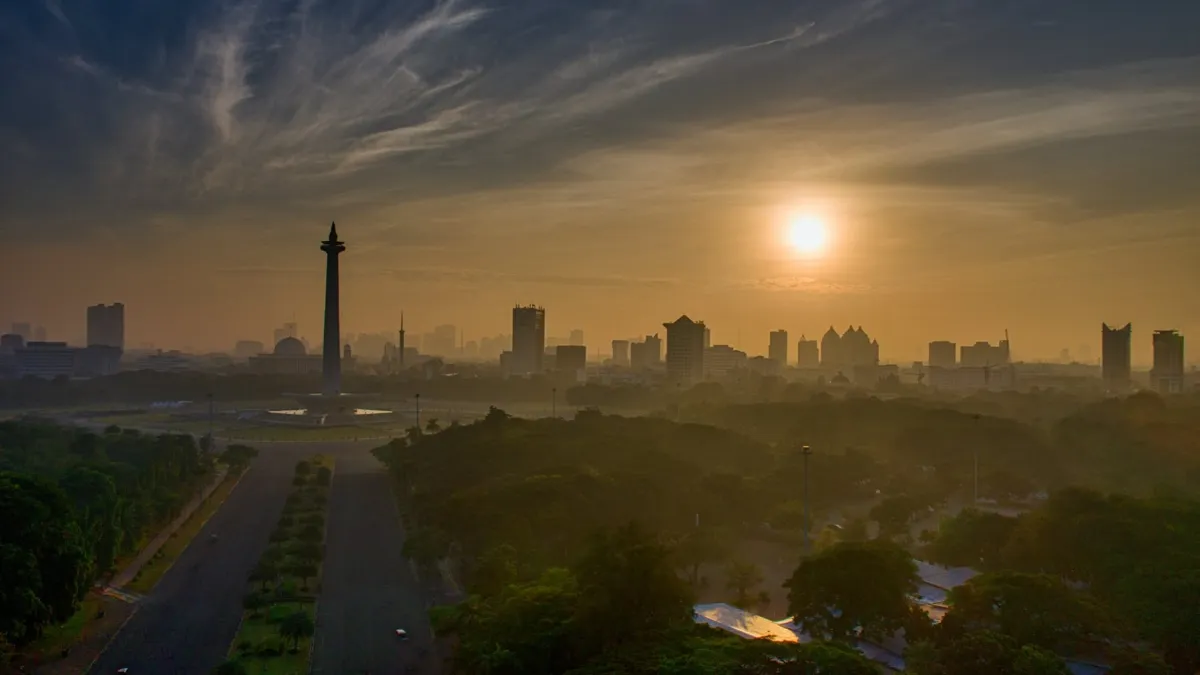

 Advertise
Advertise

